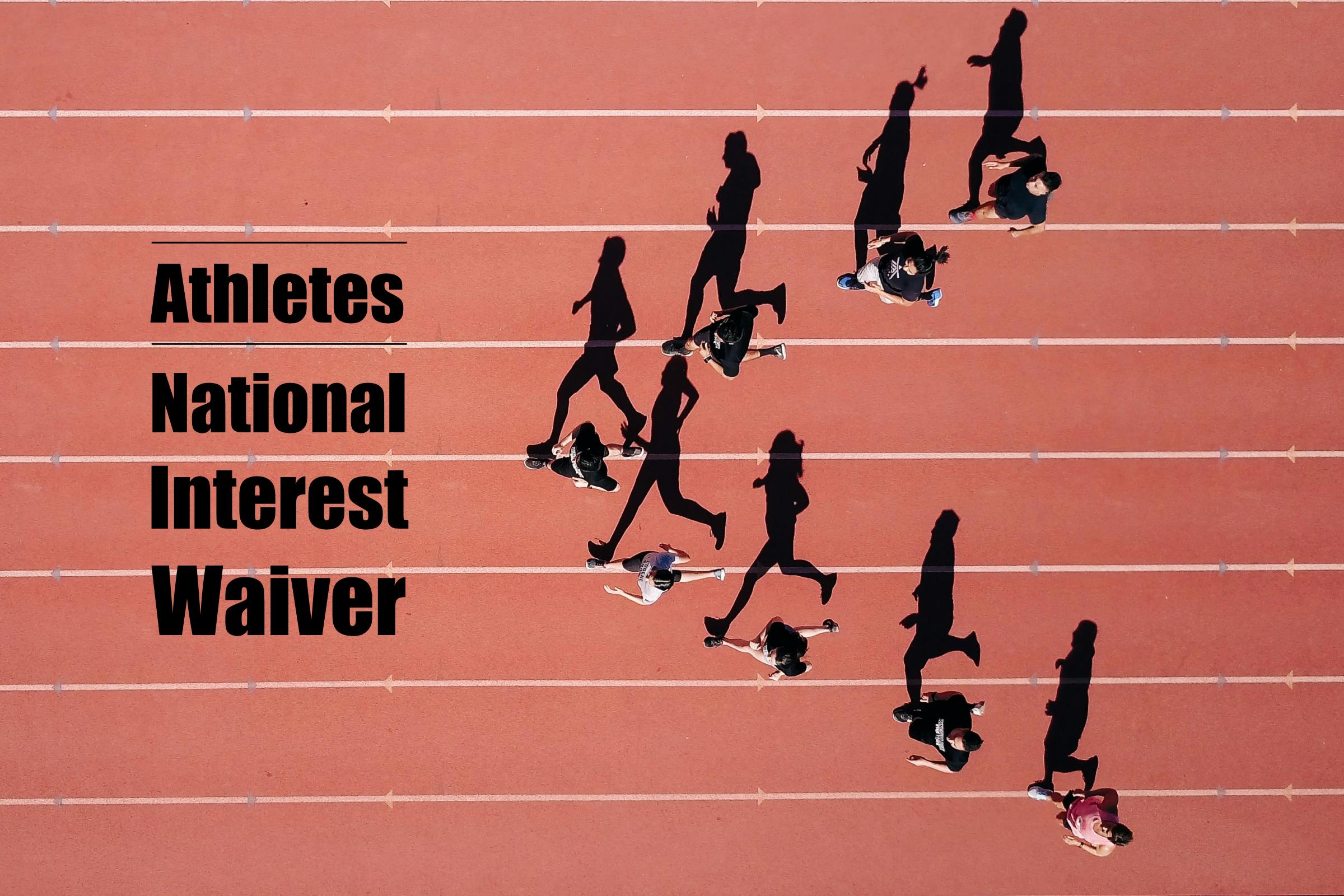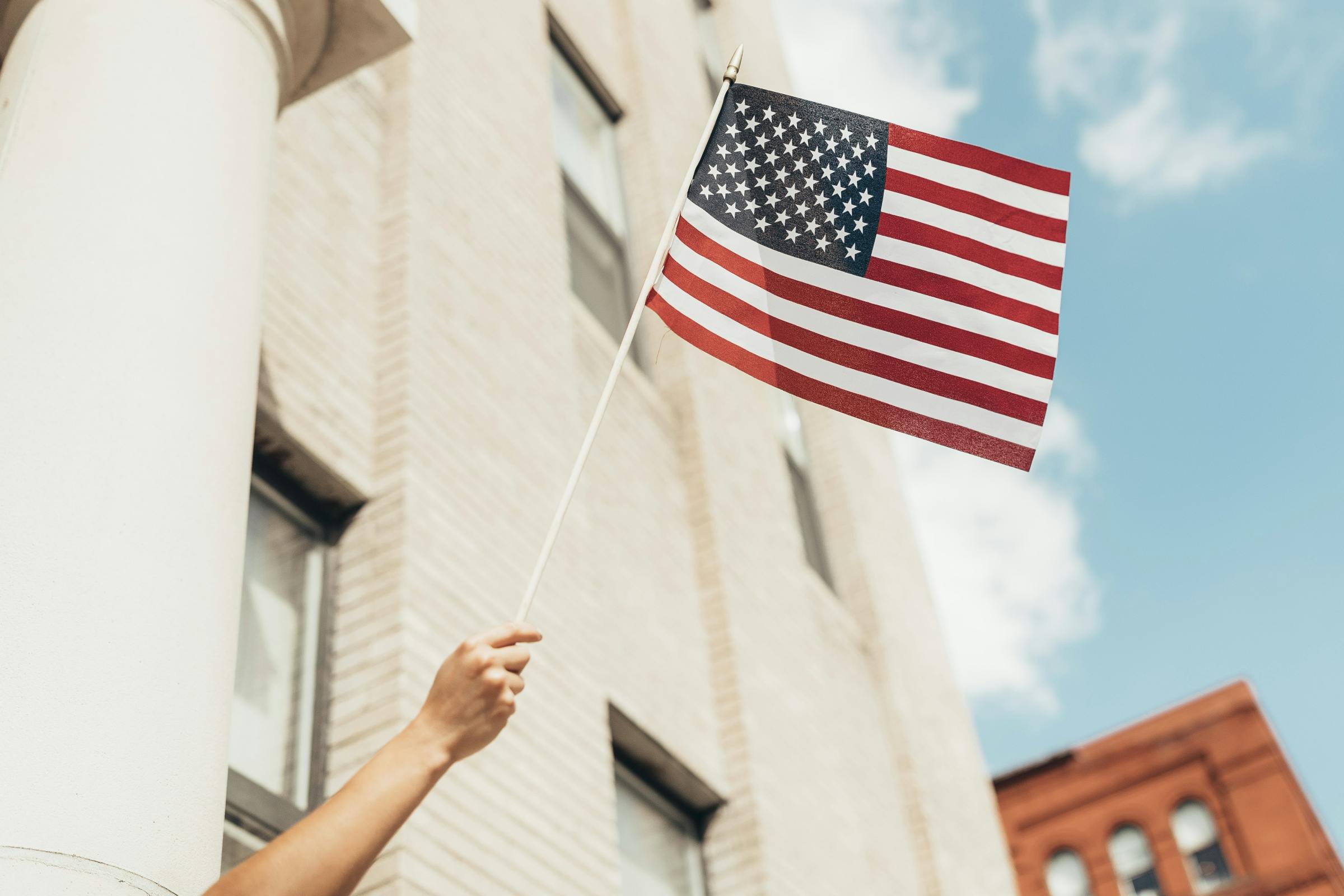Athletes Are Valuable to the Economy
The original exemption proclamation allowed sports exemptions, as the “spirit of sport” is considered to be an important national interest to the US. Per the President, as directed to the Department of Homeland Security (DHS) that sports would be an essential step in reopening the economy and are vital to the American spirit. Consulates nearest the travelers in question would, thereby, adjudicate the information they received on the supplied National Interest Waiver and make their decision quickly, within days.
But this executive order was ultimately in the hands of the consulates, and soon, they changed their processing framework to approve only athletes affiliated with “exempt” organizations listed on their national interest waiver. Eventually, this adjusted the list of organizations allowed to include those named in the Presidential Proclamation and more in wide categories such as sports broadcasting, motorsports, and other niches. With this change, anyone under an exempt organization could receive permission for their athletes, coaches, support staff, and family to enter the US within two days.
And Now, the Changes
But since the pandemic’s border restrictions were lifted, the need for such open policies for athletes has passed. On March 2, 2021, the Biden Administration revamped the NIW guidelines, making it more complex for an individual to prove they qualify for a National Interest Exemption.
With these changes, obtaining an NIW is determined on a case-by-case basis, and whether or not you’re successful often depends on the case your immigration attorney presents before the consulate. Certain consulates prefer to provide these waivers via athlete-based petitions, while others give you a better chance if you apply as a business traveler
Your immigration lawyer can help you determine which avenue is best for your situation, who to submit your petition to (the Consulate or Customs Border Protection directly), and which supporting documents are necessary to support your case.
What’s Next?
The reality behind applying for a National Interest Waiver as a foreign athlete is that the changes have made this process confusing and increasingly challenging. Unlike the 2020 executive order, it can take months or longer for an athlete to have their case adjudicated successfully. This timeline is reduced substantially when you use experienced NIW attorneys like those of us at Visa2US.
The current process is unreliable at best, particularly if you’re attempting to file on your own behalf without legal guidance. Give yourself the best shot at navigating the changing immigration laws and obtaining a National Interest Waiver by contacting Visa2US today.














